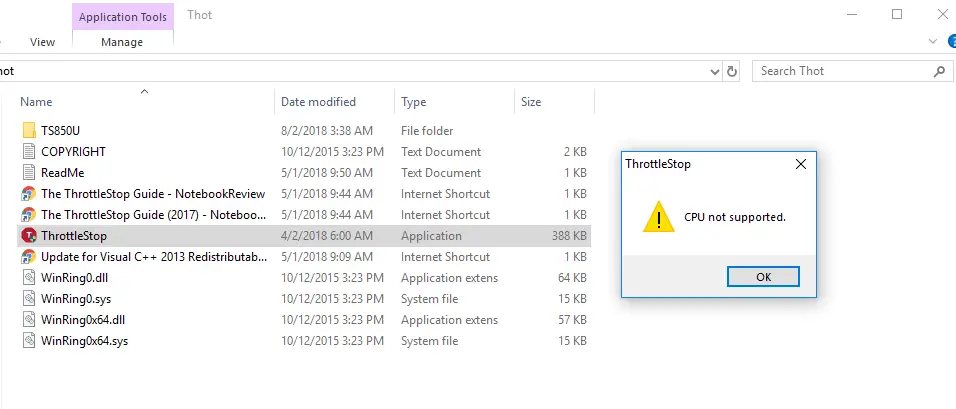Dynamics 365 Finance and Operations is an enterprise resource planning system that helps businesses streamline their financial and operational processes. As organizations store and process vast amounts of sensitive data, securing this data from unauthorized access, manipulation, or theft is essential.
Dynamics 365 Finance and Operations provides various security features that can be configured to protect your organization’s data. This article will explore some of the essential security features in Dynamics 365 Finance and Operations and how to configure them.
Role-based Security
Role-based security is a crucial security feature in Dynamics 365 Finance and Operations that enables administrators to assign specific roles to users based on their job responsibilities. Administrators can restrict access to certain forms, reports, and data based on the user’s assigned roles.
For example, an accounts payable clerk may only have access to vendor invoices and not have access to other financial data. With role-based security, administrators can create a granular security model that ensures users only have access to the data that is required for their job.
Segregation of Duties
Segregation of duties is another essential security feature in Dynamics 365 Finance and Operations that helps prevent fraud or errors. It ensures that no user can access all the necessary functions to commit fraud.
For example, the same user should not be able to create a vendor and approve payments to that vendor. By enabling the segregation of duties, administrators can create a system of checks and balances that reduces the risk of illegal activities and errors.
Data Encryption
Data encryption is a critical security feature in Dynamics 365 Finance and Operations that helps protect sensitive data at rest and in transit. With data encryption, even if an attacker gains access to the data, they cannot read or use it without the encryption key.
As a result, it acts as a great way for organizations to tighten security protocols.
Related: 3 Ways to Fix TPM not Detected
Audit Trails
Audit trails are essential in any ERP system to track all added changes in the system and user monitoring to detect any suspicious activities. Dynamics 365 Finance and Operations provides a comprehensive audit trail feature that captures all the system’s changes, including user activity, changes to data, and system configuration changes. With audit trails, administrators can quickly identify unauthorized activity and take appropriate action.
Multi-factor Authentication
Multi-factor authentication is a security feature that adds a layer of security to your system by requiring users to provide two or more forms of authentication to access the system. Dynamics 365 Finance and Operations supports multi-factor authentication, which can significantly reduce the risk of unauthorized breaches in the system.
Password Policies
Password policies are a critical security feature in Dynamics 365 Finance and Operations that ensures users create passwords that are difficult to guess. In addition, administrators can configure password policies to enforce password complexity requirements, length, and expiration policies.
Related: Best CPU Overclocking Utilities
IP address Filtering
IP address filtering is another security feature in Dynamics 365 Finance and Operations that enables administrators to restrict access to specific IP addresses. For example, with IP address filtering, administrators can ensure that only authorized users can access files from specified locations or networks.
Session Timeouts
Session timeouts are another security feature in Dynamics 365 Finance and Operations that automatically logs out users who are idle for a specified period. With session timeouts, administrators can reduce the risk of unauthorized access to the system by automatically logging out users who have left their sessions open and unattended.
How to Configure Security Features in Dynamics 365 Finance and Operations?
Configuring security features in Dynamics 365 Finance and Operations can ensure the safety and privacy of sensitive data within your organization. Here are some steps to keep in mind:
- Start by defining security roles that will allow you to manage access to different areas of the system.
- Use duty assignments to assign privileges to security roles.
- Utilize data security policies to restrict access to sensitive data based on criteria like location, business unit, or job role.
- Implement multi-factor authentication to add a layer of security for users logging into the system.
- Set up alerts and notifications for potential security breaches, such as failed login attempts or unauthorized access.
- Regularly review and update security roles, privileges, and policies to ensure they remain appropriate and effective.
In conclusion, by following these best practices and utilizing the built-in security features of Dynamics 365 Finance and Operations, you can help ensure that your organization’s data is safe from security threats and breaches.






